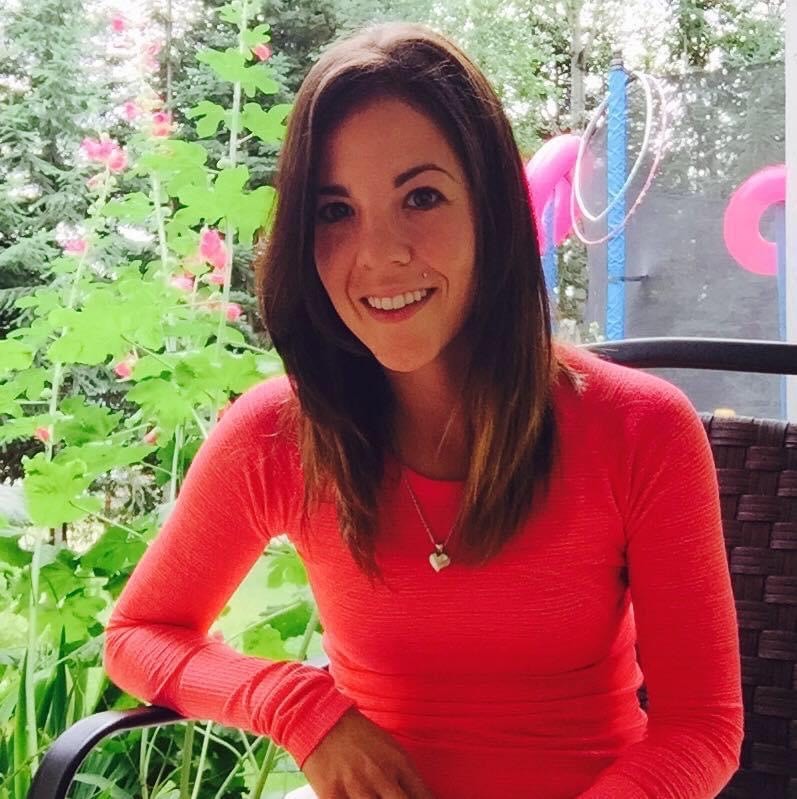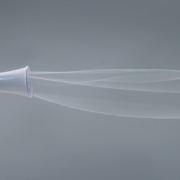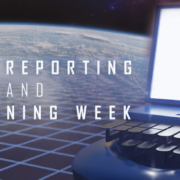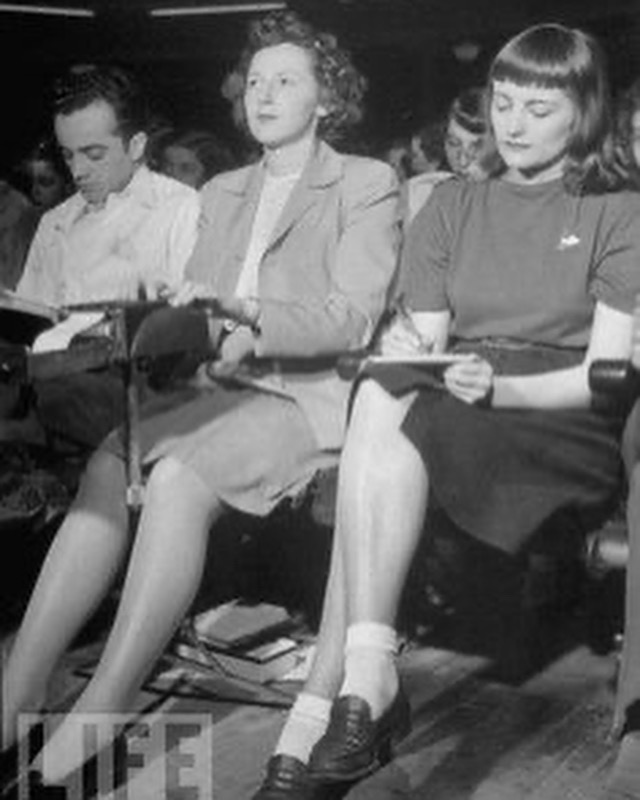Connect Series: Meet Britney Rumbaugh, Medicolegal Editor/Proofer

One of our key service areas that is not related to court reporting is independent medical examination (IME) transcription. This is a rather large umbrella term that covers the many aspects of medicolegal transcription services that are required by the medical and legal fields. We are proud of the experts we retain to review these transcripts to the exacting standards of quality and accuracy that we expect in all our work.
Britney Rumbaugh is one of our editors and proofers with a passion and interest in medicolegal documentation. She took some time to share why she loves this field of work.
Could you tell us in your own words what a medicolegal editor/proofer does?
The medicolegal editor/proofer is a medical language specialist and skilled researcher with the ability to analyze lengthy, complex medicolegal documentation while checking for ambiguities, inflammatory language (as seen in the court), conflicting information, incongruency of facts, false information, missing information, grammatical errors, formatting errors, spelling/typos, etc.
I edit and/or proof reports that have been received straight from an expert or have gone through our in-house transcription services. These types of reports include (but are not limited to) independent medical examinations (IMEs), supplementation reports, cost of future care (COFC) reports, functional ability assessments (FAAs), future cost of care (FCC) reports, functional capacity evaluations (FCEs), medicolegal reports and addendums.
Did you find this career, or did it find you?
I have always had a passion for biology and a thirst for knowledge. I feel that the position I have found myself in is exactly where I need to be, and I feel that the decisions I have made along the way have put me here. I enjoy what I do as well as enjoy the flexibility to be able to work from home — something that is not easily obtained in the medical world.
What is the most rewarding part of your job?
There is a great sense of pride in being able to continually expand one’s knowledge while simultaneously helping experts in the field.
What has surprised you the most?
How passionate I am about helping deliver high-quality reports.
As technology continues to change how we all work, can you look into your crystal ball and tell us your vision of the future of the medicolegal transcription/editing industry?
As I have been in this industry for over a decade now, I have been able to watch the major shift in technology. There are many programs on the market that will attempt to do the job of a medical transcriptionist, but in my opinion they fall short. Most often these programs are “trained” to the speaker, and after time (and usually much frustration) they are eventually able to produce a document of subpar standards. Unfortunately, most experts will need to edit the produced document to some degree after it is churned out — and many professionals do not have the extra time to do this.
I feel that good medicolegal transcriptionists and medicolegal editors are irreplaceable, and the demand for our services will only increase as we see a transition into more multidisciplinary approaches to care and recovery (occupational therapy combined with physiotherapy, chiropractic, massage, psychology, etc.).
Veritext’s corporate values are respect, ethics, collaboration, accountability and professionalism. Can you tell us which of these values resonates most strongly with you and why?
I feel that all of Veritext’s listed values resonate strongly with me. They seem to work in unison — but if I have to choose one, I think respect should be foremost. I feel that respect is a key component in a healthy workplace culture and would allow for strong values across the board.
We talk quite a bit about wellness and self-care on our blog and internally through our Teams channels. Do you have a favourite way to recharge or any tips for staying healthy mentally and physically?
I love to “make old new again.” I enjoy refinishing old furniture. The before and after is always a big driver for me, and the whole process is very therapeutic.
I think the biggest thing for our mental health is to remember to make time for those closest to us as well as for ourselves! Find something that motivates you outside. My family and I enjoy many outside activities and are always on the go. Do what makes you happy!






